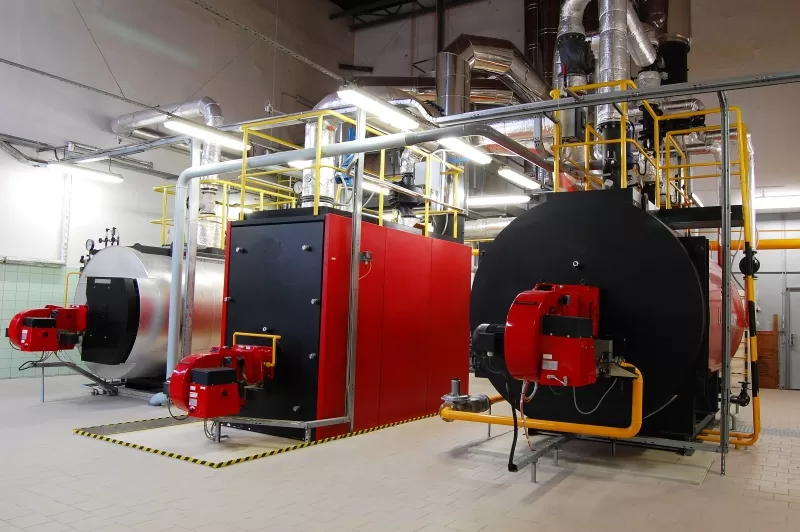Here in One Eight we see boiler issues on an almost daily basis. Dealing with the after effects of limescale on boilers can be a difficult and often an expensive process, not alone in the removal of the limescale but also in downtime. I have put together an overview of the issues and solutions which may benifit your business.
Limescale, also known as scale or mineral deposits, can cause significant damage to industrial boilers if not properly addressed. Limescale is primarily composed of calcium carbonate and magnesium carbonate, which are present in water. When water is heated in the boiler, these minerals can precipitate and form deposits on the heat exchange surfaces. The accumulation of limescale can lead to several problems:
- Reduced Heat Transfer Efficiency: Limescale acts as an insulating layer on heat exchange surfaces, reducing the efficiency of heat transfer. This can result in decreased boiler efficiency, leading to higher fuel consumption and operating costs.
- Increased Energy Consumption: As the insulating layer of limescale thickens, the boiler requires more energy to reach and maintain the desired temperature. This increased energy consumption can result in higher operational costs.
- Overheating and Hot Spots: The accumulation of limescale can create localized hot spots on the boiler surfaces. This can lead to uneven heating, reduced boiler lifespan, and potential overheating issues.
- Corrosion: Limescale can exacerbate corrosion within the boiler system. Corrosion occurs when the protective layer on metal surfaces is compromised. The presence of limescale can create an environment conducive to corrosion, leading to structural damage and leaks.
- Reduced Flow Rates: Limescale deposits can accumulate in pipes and other components, reducing water flow rates. This can result in uneven distribution of water and decreased system performance.
- Boiler Shutdowns and Maintenance: Severe limescale buildup may necessitate more frequent boiler shutdowns for maintenance and cleaning. This can lead to increased downtime and production interruptions.
To prevent limescale damage, several strategies can be employed:
- Water Treatment: Implement water treatment programs to control the levels of hardness and other minerals in the boiler feedwater. Chemical treatments and water softeners can be used to prevent limescale formation.
- Regular Cleaning and Descaling: Implement regular maintenance schedules for cleaning and descaling the boiler and associated components. Mechanical and chemical cleaning methods can help remove existing limescale deposits.
- Monitoring and Control: Utilize monitoring systems to track water quality, temperature, and pressure within the boiler. Implement control measures to minimize the conditions conducive to limescale formation.
- Proper System Design: Design the boiler system with features that minimize the risk of limescale buildup, such as effective water treatment and appropriate materials for heat exchange surfaces.
By addressing limescale issues through proactive measures, industrial boilers can operate more efficiently, experience fewer maintenance issues, and have an extended lifespan. if you have any queries please feel free to contact us. 067 53886 or Info@OneEight.ie



















